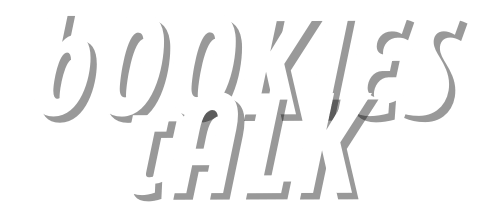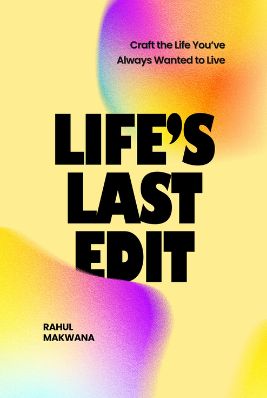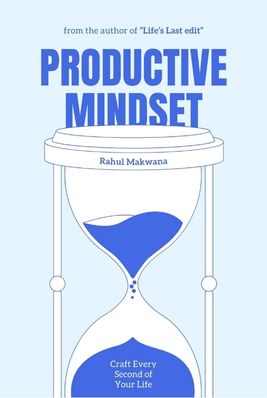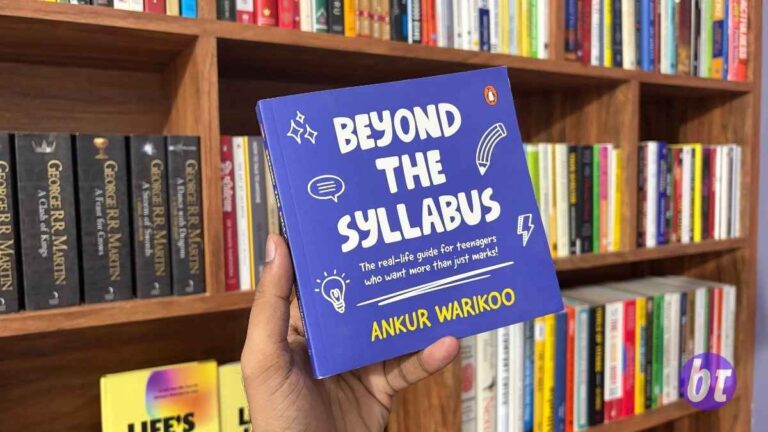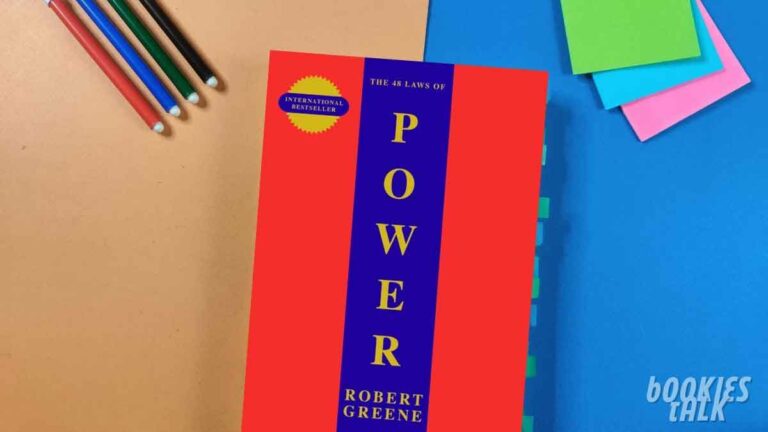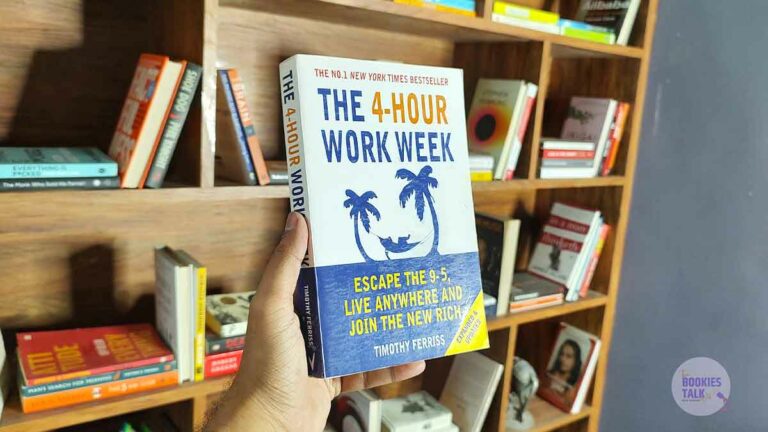Deep Work by Cal Newport
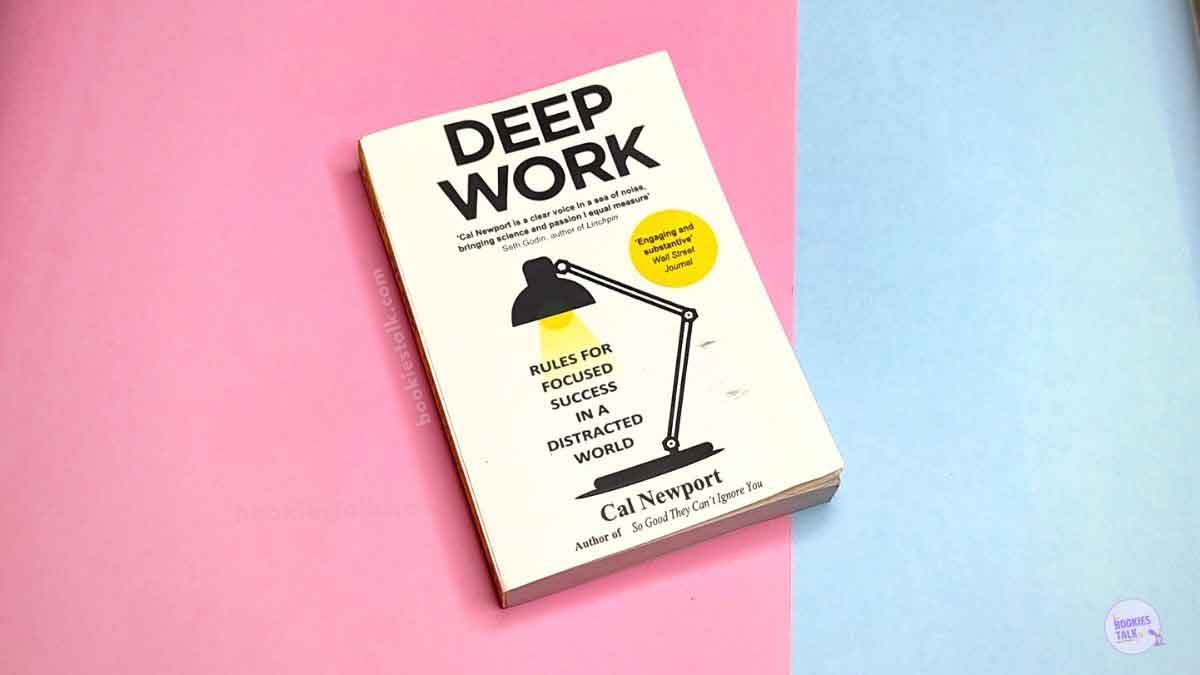
Let’s say you’re running three or four businesses at the same time, and you’re the one making all the decisions.
Now, let’s say you’re only running one business where you’re giving 100% of your attention instead of dividing it among multiple ventures.
So tell me, which one will give you a better understanding of business, less stress, better sleep, and more time to focus on other things?
Cal Newport talks about how people today are more focused on multitasking instead of focusing on one task at a time. Doing one task at a time requires real focus, and that’s something most people lack these days.
The book Deep Work is about how you can achieve the impossible by focusing on the most important task rather than trying to do everything at the same time.
Enter your email address To join the newsletter. I will be with you every Sunday at 9:00 AM (IST). See you on Sundays.
Book in Five Sentences
- It’s always bad to work on multiple projects at a time, so always focus on one project at a time and give your undivided attention.
- Choose how many hours you will work every day and once you reach the endpoint, stop working.
- You need to have some sort of ritual before you start your work whether you decide which is the most important task or how many tasks you have to perform or even drinking coffee before you start working.
- You need to have a to-do list for the day otherwise, you will waste lots of time performing an unimportant task that doesn’t add value to your dream.
- Keep in mind, that you don’t have unlimited time. So leave your life as there will be no tomorrow, give your 100% to whatever you’re doing, and be in the present movement.
Deep Work Summary
The book is divided into two parts, The Idea, and The Rules.
- PART 1: The Idea
- Chapter 1: Deep Work Is Valuable
- Chapter 2: Deep Work is Rare
- Chapter 3: Deep Work is Meaningful
- PART 2: The Rules
- Chapter 1: Work Deeply
- Chapter 2: Embrace Boredom
- Chapter 3: Quite Social Media
- Chapter 3: Drain the Shallows
Deep Work is one of those books that will teach you how to get the most out of 24 hours. So, if you’re someone who struggles to focus on work or even while studying, Cal Newport, the author of this book, will help you a lot.
So let’s take a deep dive…
What is Deep Work?
- Deep Work refers to tasks that are done with complete focus, free of distractions.
- For example, writing an article without checking social media or emails. You focus on one thing at a time, no matter what.
- Shallow Work refers to tasks that are done without 100% focus.
- Let’s say you’re reading a book, and then a friend sends you a video link. You start watching the video, and after 10 minutes, you realize you’ve completely drifted from your book.
You got distracted even though you knew that watching a video wasn’t as important as reading.
So, the moral of the story is simple: If you want to get things done, make sure you give your full focus to the task you’re working on. There are no shortcuts—just focus on one thing at a time. Otherwise, time will pass, and you’ll still be sitting there trying to finish it.
Where To Work
Your ritual needs to include a designated location for deep work.
It could be as simple as your regular office, with the door shut and your desk cleared. If possible, having a place specifically for focused work, like a quiet conference room or library, can make a big difference.
No matter where you work, make sure to set a time frame for your session. This will keep the task focused and prevent it from becoming an endless challenge.
For me, my location is my home office since I work for myself. I start my work at 9:00 AM, jumping straight into the task I decided on the night before. I plan my day ahead of time so I don’t waste moments searching for ideas or figuring out what to do.
My workday usually ends at 5 PM. However, if there’s something really important left to do, I might work until 7 PM. It depends on how critical the task is, but most of the time, I wrap up by 5:00 PM.
How to Start Work
Your ritual needs rules and processes to keep everything in check.
For instance, you could set a rule to avoid using the Internet or track something like how many words you write in a twenty-minute block to keep yourself focused.
Without this structure, you’ll constantly be second-guessing what you should be doing and whether you’re working hard enough. These distractions drain your willpower and focus.
Let me give you an example. I planned to write this article and promised myself that I’d finish it in two hours. If I don’t finish in that time, it would get pushed to the next day.
The idea is that I’ll put all my effort into finishing the task without distractions. But that doesn’t mean I’ll rush through it. I’m focused on producing quality, not just beating the timer. The timer is there to ensure I don’t spend too much time on one task.
Support Your Work
Your ritual needs to support your brain so it can stay sharp and productive.
For instance, your ritual could include starting your day with a cup of coffee, ensuring you have the right foods to keep your energy up, or adding light exercise like a walk to keep your mind clear.
Talking about myself, I used to start my work at 9:00 AM with a cup of coffee. But on 25/10/2023, I decided to stop drinking coffee, and it’s been amazing. I no longer need caffeine to work, and I haven’t had coffee, tea, or any caffeinated drinks since then. It was tough at first, but looking back, it was definitely a good decision.
Now, my routine is pretty simple and might sound boring to some. I wake up at 5:00 AM, do some exercise, read books, and then dive into work. It’s not exciting, but it works for me.
Blueprint To Manage Time
Everyone has 24 hours, so don’t complain that you don’t have time to do this or that. The reality is, you have time.
Now, if you have time, let’s see how you can manage it like a pro…
- Important tasks: These are tasks that don’t need your immediate attention but are still important. You don’t have to do them right away.
- For example, you need to clean your room or respond to an email. It’s important, but it’s not urgent, so you can do it later when you have time.
- Urgent tasks: These are tasks that require your immediate attention.
- For example, you need to finish an assignment or pick up your child from school. These things need to be done right now, or there could be consequences.
- Neither urgent nor important tasks: These tasks aren’t important or urgent, but you enjoy doing them.
- For example, watching TV, scrolling through social media, or chatting with friends. These things aren’t essential, but they’re activities you enjoy in your free time.
The book does have some new techniques but the core idea remains the same: do the most important tasks first, and everything else can wait.
Deep Work Review
First, let me talk about myself.
I didn’t learn much from the book because, before reading Deep Work, I had already read a few productivity books. It mainly focuses on how one should stick to one thing and avoid multitasking.
Now, if you’re someone who hasn’t read any productivity books before, you might find Deep Work by Cal Newport helpful. Otherwise, the book has the same ideas and techniques that you’ll find in books like The 7 Habits of Highly Effective People and many others.
Buy Deep Work:
Deep Work Quotes
“If you don’t produce, you won’t thrive—no matter how skilled or talented you are.”
“Clarity about what matters provides clarity about what does not.”
“Who you are, what you think, feel, and do, what you love—is the sum of what you focus on.”
“What we choose to focus on and what we choose to ignore—plays in defining the quality of our life.”
“As the author Tim Ferriss once wrote: “Develop the habit of letting small bad things happen. If you don’t, you’ll never find time for the life-changing big things.”
“If you can’t learn, you can’t thrive.”
“First, distraction remains a destroyer of depth.”
“High-Quality Work Produced = (Time Spent) x (Intensity of Focus)”
“The shallow work that increasingly dominates the time and attention of knowledge workers is less vital than it often seems in the moment.”
“Once you’re wired for distraction, you crave it.”
Love What You Read, You Might Like These too…
By the way, we also have a WhatsApp Channel! If you love reading, this is the perfect place for you to join—and the best part? It’s completely FREE!
